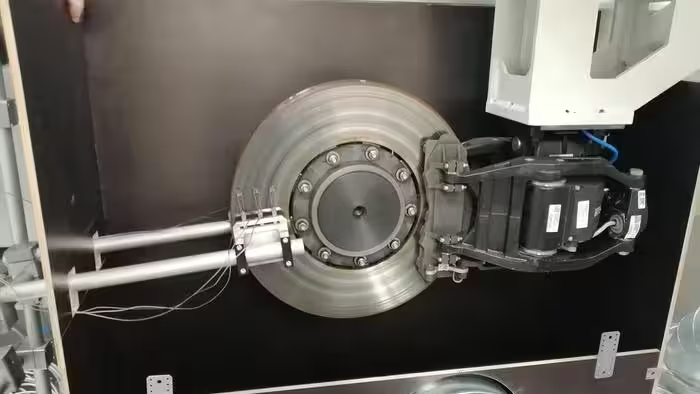Research by economists from the University of Essex in the UK suggests remote and hybrid work models may stifle workplace innovation compared to office-based work.
From University of Essex 02/08/24

Remote and hybrid working may be great for employees’ work-life balance, but it may be stifling innovation, according to new research.
The study, led by University of Essex and University of Chicago economists, found that staff who worked in a hybrid model were less likely to come up with innovative ideas than colleagues who always worked in the office.
Staff working from home tended to produce lower-quality innovative ideas than those who always worked in the office.
“Innovation in the workplace can occur through random, spontaneous ‘watercooler’ conversations between employees,” explained lead researcher Dr. Christoph Siemroth.
“However, these ‘productive accidents’ are less likely to occur when employees work from home. Our research has found that innovation is suffering as a result.”
Post-pandemic, many firms are hesitant to implement a full-time return to working from the office and have adopted a hybrid model.
This model allows employees to spend some days in the office and some at home, offering the best of both worlds.
Many business leaders have voiced concerns over innovation suffering with these new work modes.
This new research, published in the journal Scientific Reports, finds their concerns could be valid.
“Of course, this cost to innovation may be acceptable, given the significant benefits for employees in terms of work-life balance, which makes more flexible employers more attractive,” added Dr. Siemroth, from Essex’s Department of Economics.

“Our findings imply that companies should take steps to coordinate when employees are in the office.”
“Innovation does not work well if half the team is in on Mondays while the other half is in on Wednesdays.”
“Instead, set days where the whole team is expected in the office.”
“While this limits the flexibility of hybrid work, our results suggest that innovation benefits as a result.”
The study followed over 48,000 employees from a large Indian IT company during periods of working from the office, working from home, and hybrid working.
Innovation is not a core part of their work, but the company has taken significant steps to instill a culture in which all employees see innovation as a key part of their job, with the company offering financial rewards to foster innovation at work.
The employees write up ideas about process improvements, cost-saving measures, or new products, which are then evaluated by the company and either implemented or discarded.
While the quantity of ideas did not change during the working from home period compared to working in the office, the quality of ideas suffered.
During the later hybrid period, the quantity of submitted ideas fell and innovation suffered, particularly in teams which did not coordinate when they worked at the office or from home.
More info
You may also be curious about:
-

Foldable origami cargo box for bikes
-

Perceptive complete world’s first fully automated dental procedure on a human
-

Names may shape facial appearance over time new study suggests
-

Scientists discover entirely new wood type that could aid carbon storage
-

Butterflies accumulate enough static electricity to attract pollen without contact
-

Abrasion emissions from trains are significant
-

Powered pants for easier hiking
-

New method uses light to clean up forever chemicals
-

Texas Heart Institute implant artificial maglev heart
-

Semi-submersible boat: Evoy and Platypus join forces
-

Parkwind achieve world-first offshore charging for electric vessels
-

Cook like a Neanderthal: Scientists learn how they ate birds
